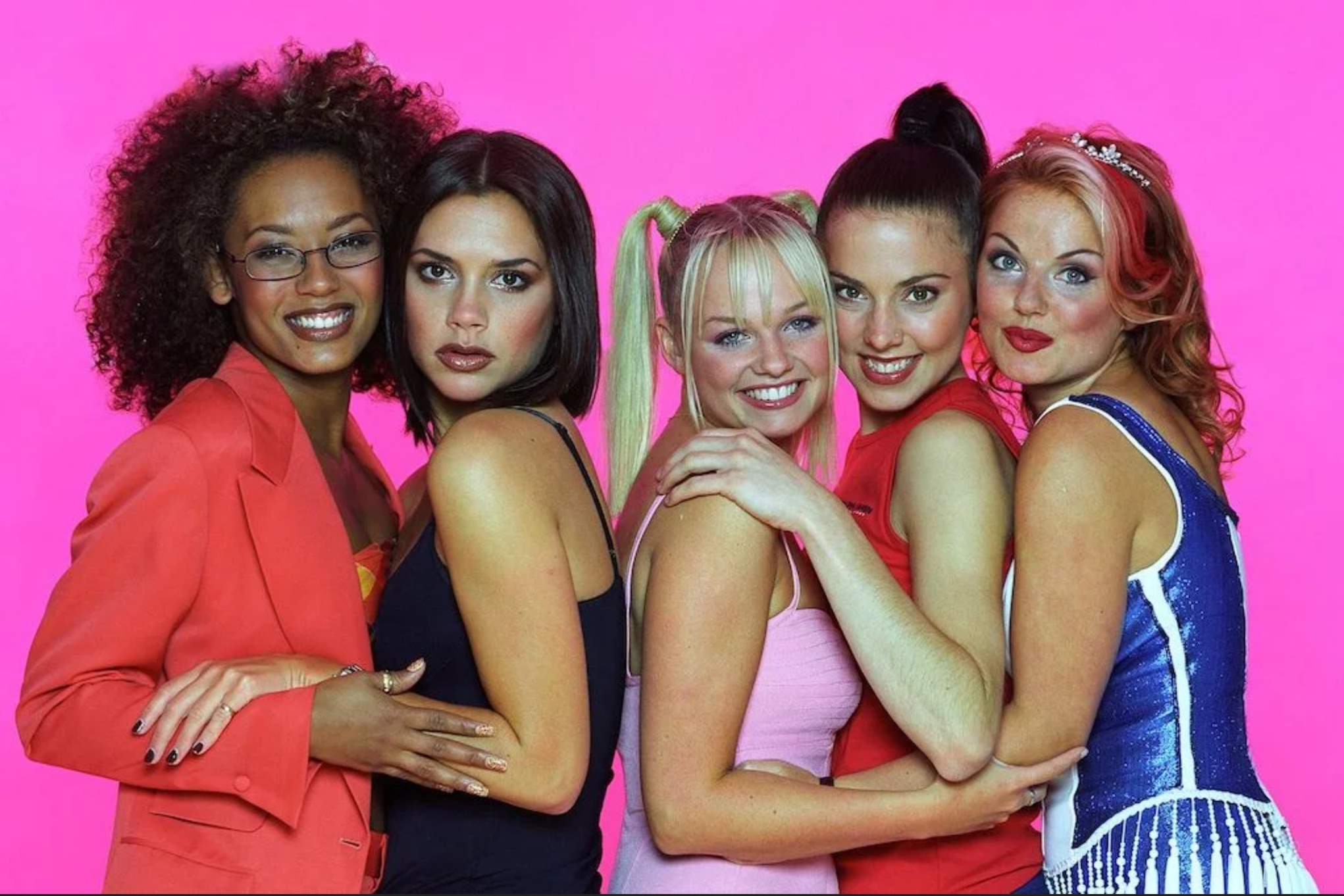Spice Girls: Girl Power and God
The Spice Girls are back—kicking off their reunion tour in Europe, before making it soon to Australia in 2020.
Just over 20 years ago, their debut song Wannabe (1996) introduced Scary (Melanie Brown), Posh (Victoria Beckham), Baby (Emma Bunton), Sporty (Melanie Chisolm), and Ginger (Geri Halliwell) Spice to the world.
The Spice Girls delivered the double power of solidarity and individuality. Five girls standing together en masse. But each girl looked and dressed distinctly and differently from the other. We liked them as a girl group; but we also liked our favourite spice girl.
But most importantly, the Spice Girls introduced the world to the idea of Girl Power. But just what exactly is Girl Power?
Some say that Girl Power is a catchphrase for neo-feminism’s third wave. Girls can celebrate their true selves. They don’t have to sacrifice their femininity to be equal with men. They can flaunt their individuality, sexuality, and bodies and still be taken seriously.
Girl Power was already part of underground movements like Riot grrrl. But it was the Spice Girls who ushered Girl Power into the popular mainstream culture.
And Girl Power is a natural fit in our animal world order. In many species of animals—eagles, antelopes, whales—it’s the female who is more powerful than the male. So why shouldn’t we humans be the same?
But others say that Girl Power is a cynical marketing ploy invented by men. After all, the Spice Girls themselves are a girl group—a construct—created by men, with made-up names and contrived costumes.
But maybe Girl Power is best summed up by the iconic hook from Wannabe:
If you wanna be my lover,
you gotta get with my friends
Make it last forever
friendship never ends
If you wanna be my lover,
you have got to give
Taking is too easy,
but that's the way it is.
This is the essence of Girl Power!
That a woman is a human being with rights, value, and dignity. You can’t love her to use her for what you can get from her. If you’re going to love her, then you’re going to have to be faithfully committed to her and her tribe.
But where do we get this idea of Girl Power from? Because according to anthropologist, Helen Fischer, this is unique to the human species.
No other species of animal links commitment with love and sex. We can’t find any support for this notion of Girl Power if we only look in the animal kingdom.
But we can find it in the Bible. We find it in the Biblical Hebrew word hesed.
God describes his love to us as hesed—which we can only weakly translate into English as “loving kindness” or “covenantal faithfulness.”
In the Bible’s iconic song—Psalm 23—the singer sings to God:
Your goodness and love (hesed) will follow me
all the days of my life,
I will dwell in the house of the Lord
forever.
And then the Bible describes us as created in God’s image—so that we don’t just expect hesed from God—but we expect it from each other.
If we wanna believe in Girl Power, we gotta believe in God’s hesed. And if we wanna believe in God’s hesed, we get to be his friends. God will make it last forever, his friendship never ends.
See our previous post on feminism’s third and fourth waves: Ariana Grande’s “God is a Woman”: What Men (and Women) Need to Learn
LIKE us on our FACEBOOK page
and follow Dr Sam Chan at Twitter @drsamchan
and Instagram @drsamchan
